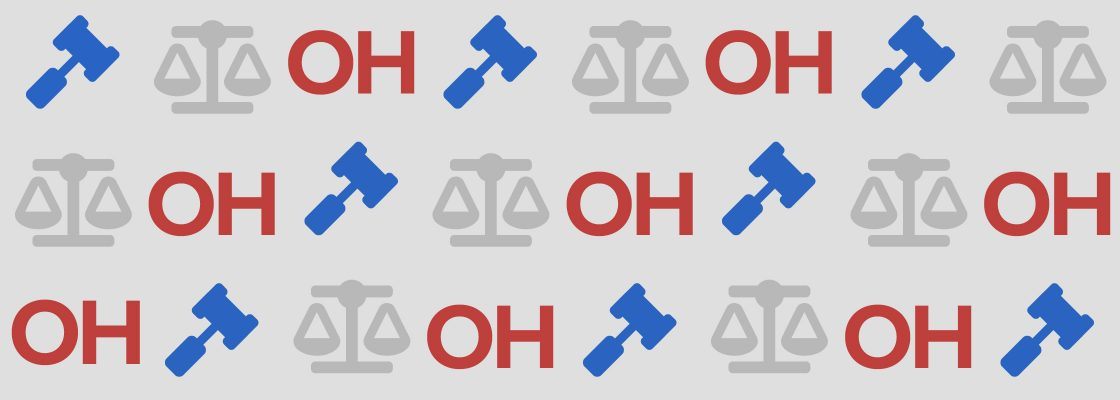Ohio seems to do a great job of defining exactly what “false, fraudulent, deceptive, or misleading statements” mean in the healthcare PR and marketing context. Physicians in Ohio should have a pretty good idea what statements are appropriate on their medical website, especially when they consult with their legal counsel, which is essential before engaging in any advertising activity.
More Information
Oversight Body:
State Medical Board of Ohio
Reference Citation:
R.C. § 4731.22(B)(5)
Selected Excerpt:
Grounds for refusal to grant and revocation of certificate; hearing and investigation; report; medical examinations; automatic suspension; quality intervention program (…)
(B) The board, by an affirmative vote of not fewer than six members, shall, to the extent permitted by law, limit, revoke, or suspend an individual’s certificate to practice, refuse to register an individual, refuse to reinstate a certificate, or reprimand or place on probation the holder of a certificate for one or more of the following reasons: (…)
- (5) Making a false, fraudulent, deceptive, or misleading statement in the solicitation of or advertising for patients; in relation to the practice of medicine and surgery, osteopathic medicine and surgery, podiatric medicine and surgery, or a limited branch of medicine; or in securing or attempting to secure any certificate to practice or certificate of registration issued by the board.
As used in this division, “false, fraudulent, deceptive, or misleading statement” means a statement that includes a misrepresentation of fact, is likely to mislead or deceive because of a failure to disclose material facts, is intended or is likely to create false or unjustified expectations of favorable results, or includes representations or implications that in reasonable probability will cause an ordinarily prudent person to misunderstand or be deceived.
Sample Best Practices
We’ve developed some sample best practices to help you get started discussing your medical marketing with your legal counsel in more detail. Find out if you need to take steps to avoid the following:
- Making a false, fraudulent, deceptive, or misleading statement in an advertisement or solicitation.
- Making any statement claiming professional superiority.
- Assuring a permanent cure for an incurable disease.
- Claiming professional superiority without supporting the claim with objective evidence, or using hyperbole when describing your techniques or results.
- Showing patient before and after photos without indicating that results vary and the results shown are not a guarantee.
- Showing models without clearly indicating that the photos are not of actual patients.
- Saying you are board-certified without including in any advertising the name of the board that has certified you.
Is your website following best practices when it comes to medical marketing? Find out by downloading our free Website Compliance Checklist!
Download Free ChecklistPlease help us keep these pages up to date. If you or your legal counsel notice an oversight in our comments or a problem with this page, please alert us by email. Also, be sure to read our legal disclaimer.
« Back to Medical Marketing Laws


Leave a Comment